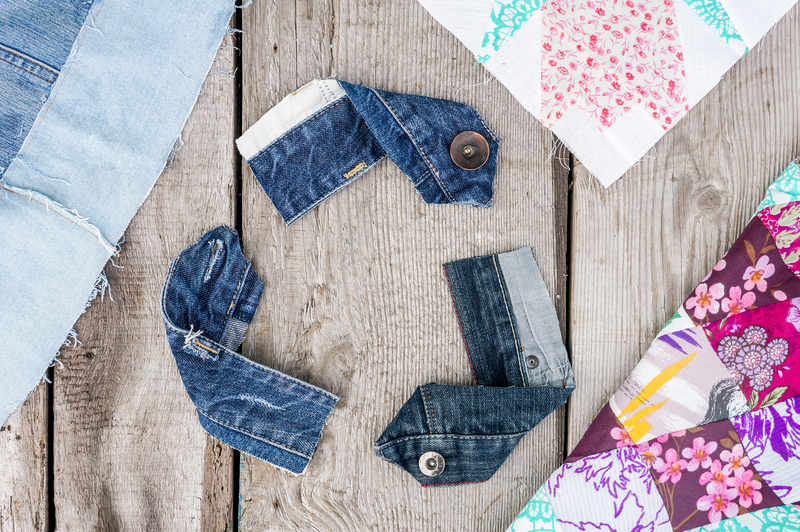Adopting Plastics-Free Habits
Posted on 01/07/2025
Adopting Plastics-Free Habits: A Comprehensive Guide
In our modern world, the convenience of plastic has led to its widespread use, but this has come at a significant environmental cost. Adopting plastics-free habits is an essential step towards a healthier planet. This comprehensive guide will explore the benefits, provide practical tips, and discuss the pros and cons of reducing plastic in our everyday lives.
Why Go Plastics-Free?
The detrimental effects of plastic pollution on the environment are well-documented. From the Great Pacific Garbage Patch to microplastics found in our food supply, the evidence is alarming. Here are some key reasons to adopt plastics-free habits:
- Environmental Impact: Plastics take hundreds of years to decompose, often breaking down into microplastics that pollute oceans and soil.
- Wildlife Protection: Animals often ingest or become entangled in plastic debris, leading to injury or death.
- Human Health: Microplastics have been found in drinking water and food products, posing potential health risks.

Simple Steps to Reduce Plastic Use
Transitioning to a plastics-free lifestyle doesn't have to be overwhelming. Here are actionable steps to help you get started:
- Reusable Bags: Carry reusable shopping bags instead of relying on plastic ones.
- Water Bottles: Invest in a durable, reusable water bottle to avoid single-use plastic bottles.
- Bulk Shopping: Buy groceries in bulk to reduce the need for plastic packaging.
- Plastic-Free Alternatives: Choose products made from natural materials like bamboo, glass, or stainless steel.
- Zero-Waste Stores: Support stores that promote zero-waste policies and offer refillable options.
Adopting Plastics-Free Habits in Daily Life
Incorporating plastics-free habits into your daily routine can be both simple and rewarding:
- At Home: Use glass containers for food storage, replace plastic wrap with beeswax wraps, and compost organic waste.
- On the Go: Carry a set of reusable cutlery, a cloth napkin, and a collapsible cup.
- Personal Care: Opt for bar soap instead of liquid soap in plastic bottles, and choose bamboo toothbrushes.
Tips for a Successful Transition
Successfully adopting plastics-free habits requires making conscious choices and staying committed:
- Educate Yourself: Learn about the impact of plastic pollution and sustainable alternatives.
- Plan Ahead: Keep reusable items easily accessible, such as in your car or bag.
- Start Small: Begin with one area of your life (e.g., grocery shopping) and gradually expand to other areas.
- Stay Persistent: Change takes time. Don't get discouraged by setbacks.
- Involve Others: Encourage friends and family to join you on your plastics-free journey.
Pros and Cons of Going Plastics-Free
Understanding the pros and cons can help you make informed decisions:
Pros:
- Environmental Benefits: Reduced plastic waste and pollution.
- Healthier Choices: Less exposure to potential toxins from plastics.
- Cost Savings: Long-term savings from reusable products.
Cons:
- Initial Investment: Some plastic-free alternatives may require an upfront cost.
- Convenience: May require changes to daily habits and routines.
- Availability: Limited access to plastic-free products in some areas.

Takeaways
Going plastics-free is a journey rather than a destination. Every step you take, no matter how small, contributes to a larger positive impact. Remember these key points:
- Start simple and gradually expand your plastics-free habits.
- Prioritize reusable options and sustainable materials.
- Stay informed and involved, sharing your journey with others.
Conclusion
Adopting plastics-free habits is an impactful way to promote environmental sustainability and protect human health. While there are challenges, the benefits far outweigh the drawbacks. By educating yourself, planning ahead, and making conscious choices, you can contribute to a healthier planet. Remember, every small change counts.

 020 3744 5712
020 3744 5712













